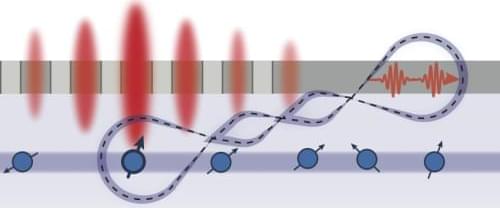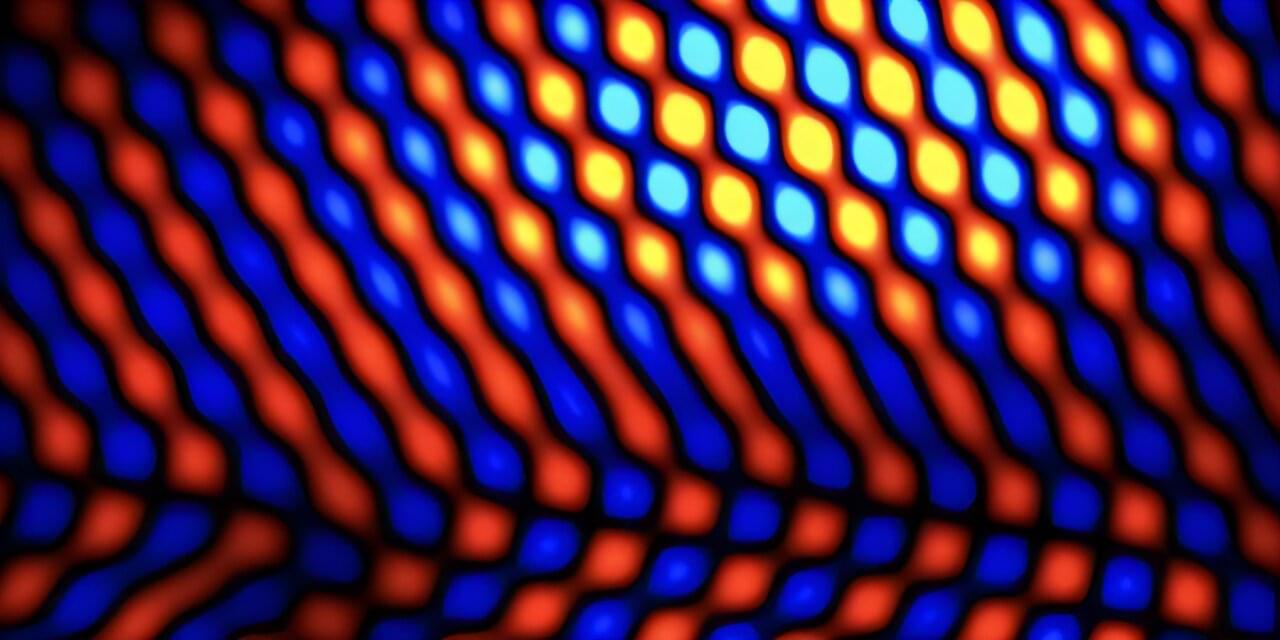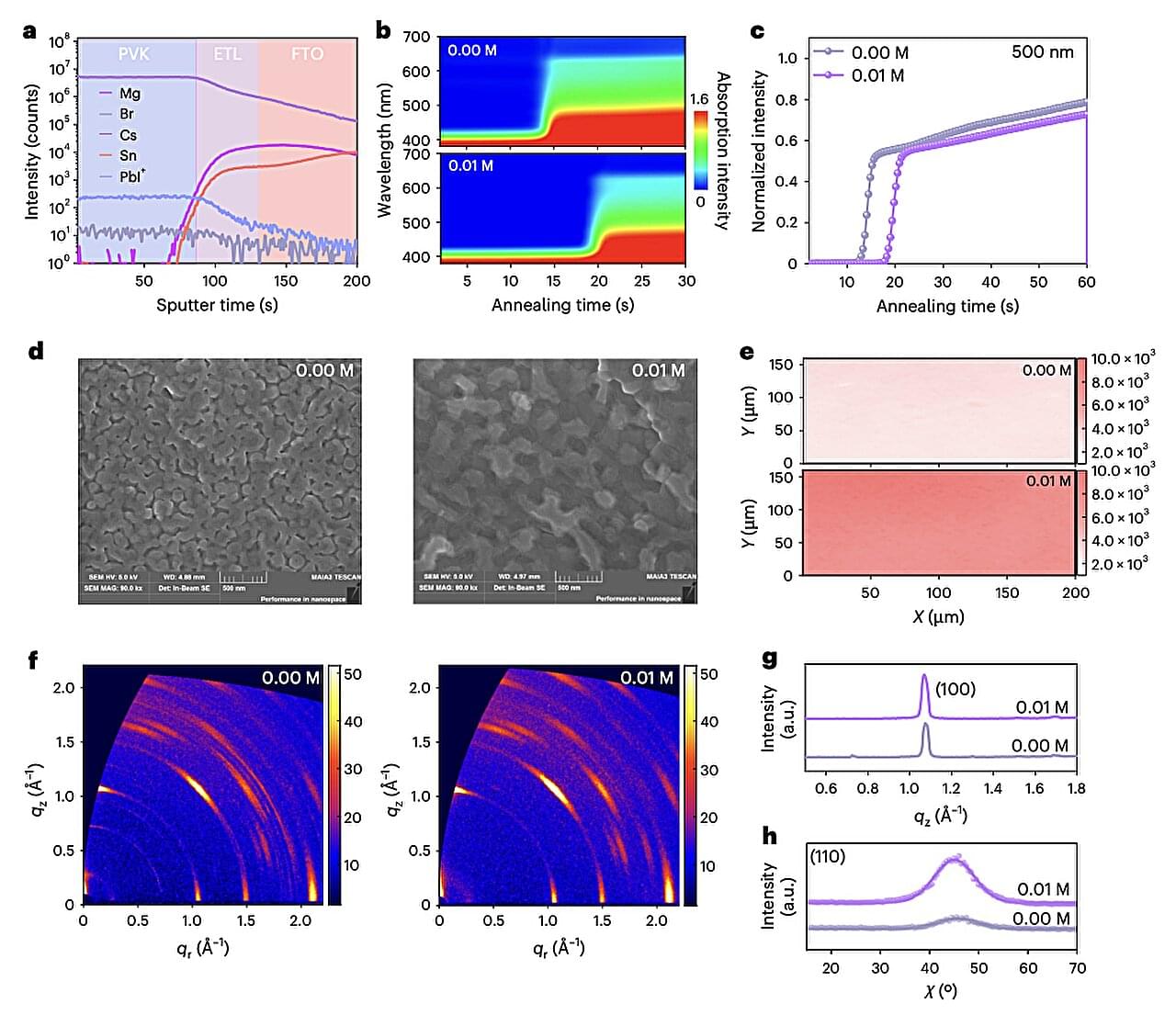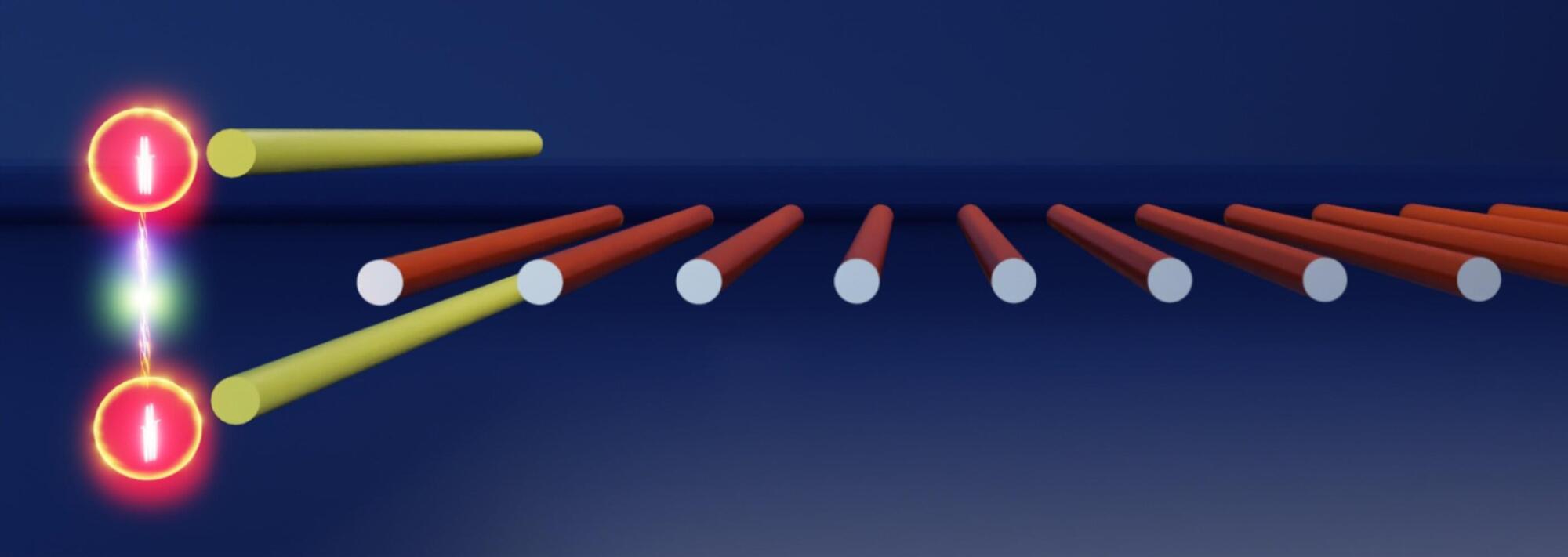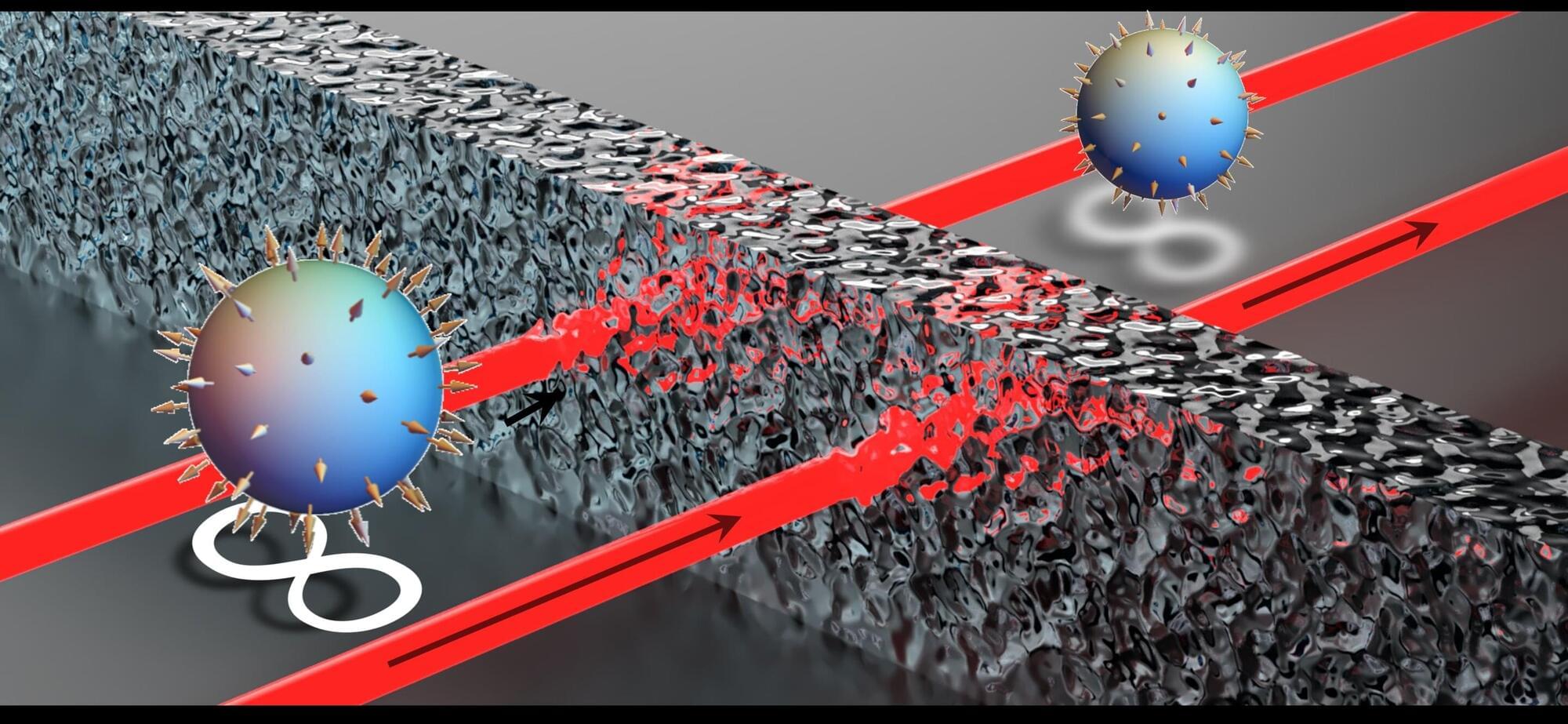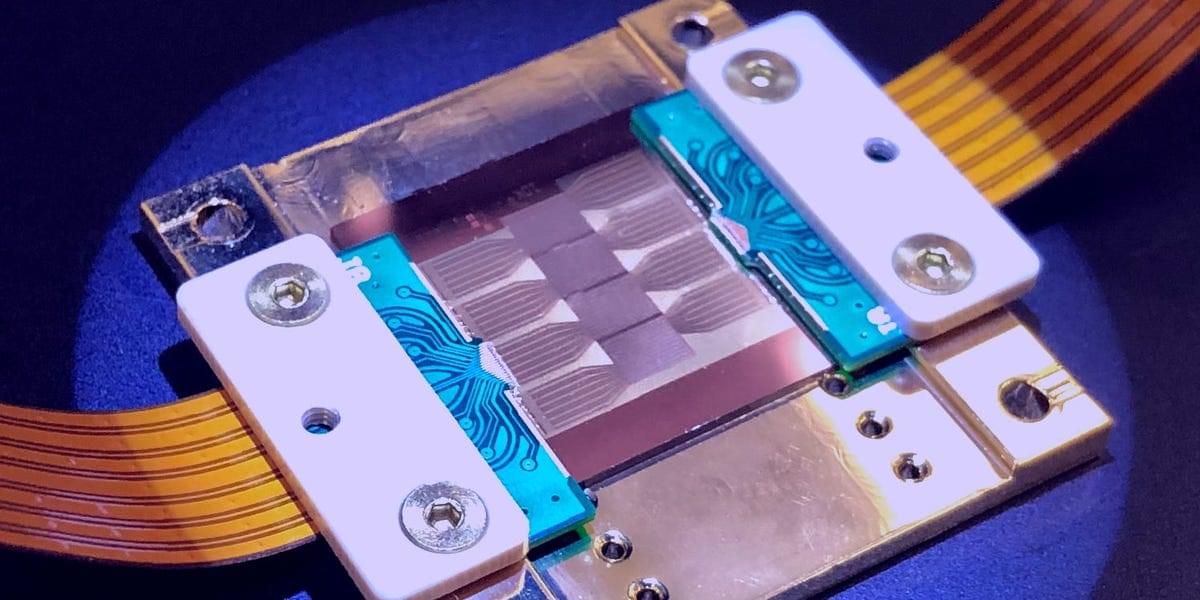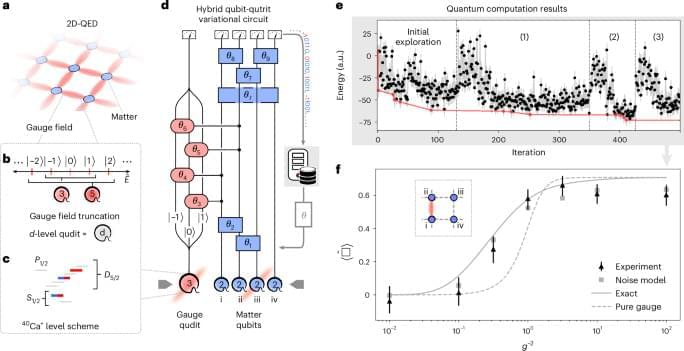The quantum computing landscape has witnessed a revolutionary breakthrough from China. Researchers at the University of Science and Technology of China in Hefei have developed a quantum processor that claims to be 1 quadrillion times faster than the world’s most powerful supercomputers. This technological marvel, named Zuchongzhi 3.0, represents a significant leap in quantum computing capabilities and establishes China as a formidable player in the quantum race.
The Zuchongzhi 3.0 processor boasts an impressive 105 qubits, the fundamental units of quantum computing. This represents a substantial upgrade from its predecessor, which contained only 66 qubits. The new processor utilizes transmon qubits, which are specifically designed to minimize sensitivity to external disturbances, thereby enhancing computational stability.
In benchmark tests published in Physical Review Letters on March 3, 2025, the Chinese quantum processor demonstrated performance that was approximately 1 million times faster than Google’s Sycamore chip on specific sampling tasks. This extraordinary speed differential highlights the exponential advantage that quantum processors hold over conventional computing systems for certain operations.
